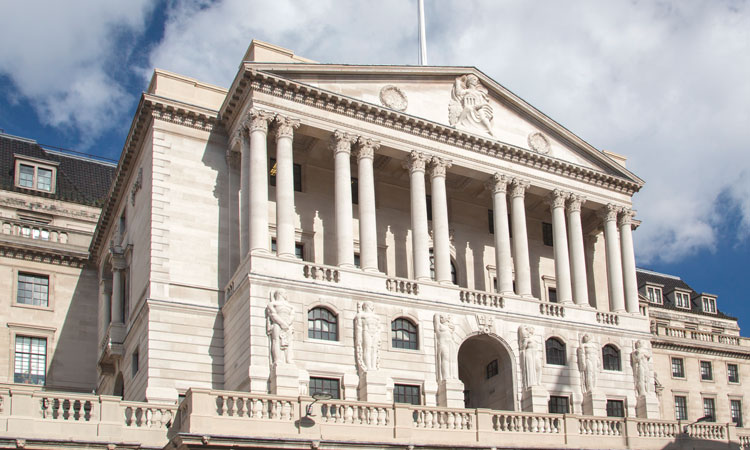
Will he stay or will he go?
Governor shows his hand
Eight months ago the Bank of England governor was unwise enough to tell parliament’s Treasury Committee that leaving the European Union might have adverse effects on the UK economy. Since then, certain MPs have been on his case. Last month even the prime minister appeared to criticise the bank’s monetary policy. In recent weeks, because of this, investors were wondering if Mark Carney might leave the bank at the earliest opportunity in 18 months’ time when he will have been there for five years. The governor put an end to that speculation on Monday when he said he would stay for a total of six years, long enough to see through the supposedly two-year-long Brexit process. Investors expressed their appreciation for his commitment by buying the pound.
The end result was a fairly neutral week for sterling. It lost four fifths of a euro cent and half a Swiss cent while it picked up half a Japanese yen and one Canadian cent. The pound was unchanged against the NZ dollar and almost so against the US and Australian dollars.
Rand welcomes fin min release
For more than six months Pravin Gordhan, South Africa’s finance minister, has been stalked by a special police unit, which alleges abuse of office when he was running the government tax department. Mr Gordhan maintained all along that the accusation was politically-motivated but that did not prevent him being charged with fraud three weeks ago. Investors worried that Mr Gordhan could be forced from office, to be replaced by someone less skilful and more eager to please president Zuma. On Monday the chief prosecutor put an end to such doubts when he said all charges had been dropped.
The rand was Monday’s top-performing currency. It was also the top performer for the month, the quarter and the year to date. Since the beginning of January the rand has strengthened by 28.6% against the pound.

Growing differently
Gross domestic product data released during the last few days tended to confirm what investors already thought: America’s economy is expanding faster than Europe’s. The United States saw provisional growth of 0.7% in the third quarter of the year while Europe’s economy expanded by 0.3%. UK growth slotted neatly between the two at 0.5%.
The good news
Quarterly growth of 0.5% is way better than the Bank of England and many other economists predicted in the wake of the Brexit vote. The vote-leavers claim the figure proves how little impact Brexit has had on the economy.
The bad news
Growth was concentrated in the services sector. Construction output fell by -1.4% and manufacturing was down by -1% despite the supposed export advantage of a weaker pound. The vote-remainers point out that Brexit has had minimal impact on the economy because it hasn’t happened yet.
Rate reviews
On Wednesday evening the Federal Reserve will decide what to do with US interest rates. The following morning the Bank of England will take a similar decision for sterling. Neither bank is expected to make a change this month but on Thursday Mark Carney will be introducing the bank’s quarterly Inflation Report. His speech will inevitably touch on growth and interest rates.
The figure for the monthly change in nonfarm payrolls, which appears in Friday’s US employment report, is one of the most eagerly-awaited statistics in financial markets. A strong number would be seen as increasing the chance of a US rate increase next month
Sarah, Senior Account Manager at Moneycorp
Moneycorp is one of the largest international payment companies supporting over 90 currencies. Last year Moneycorp traded over £22.6 billion worth of international money transfers. Find out how Moneycorp can help you with your international transfer here.





